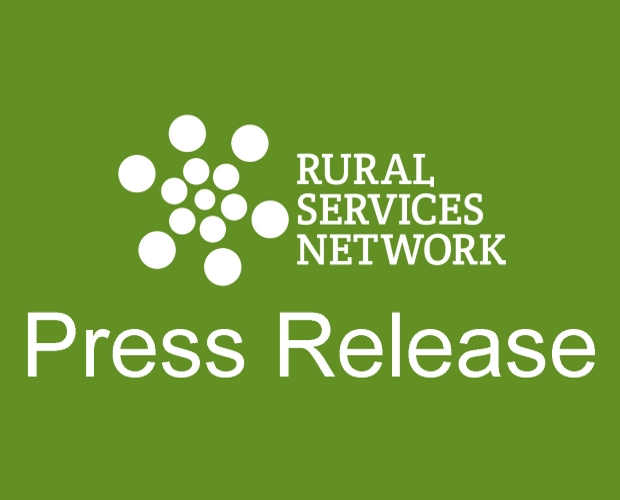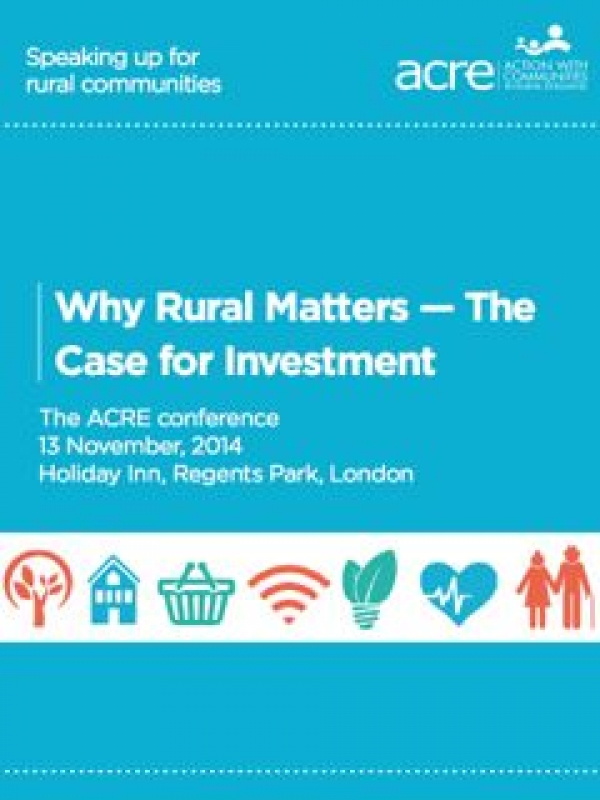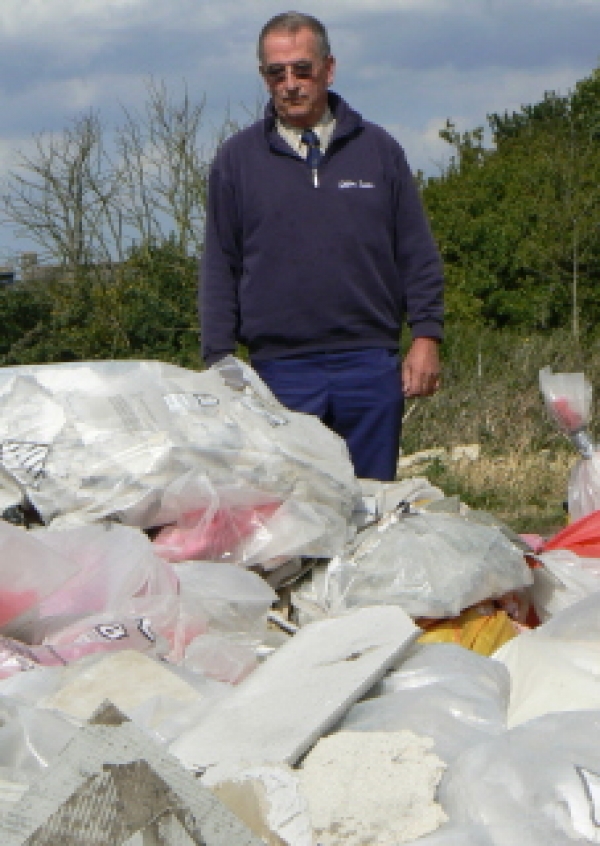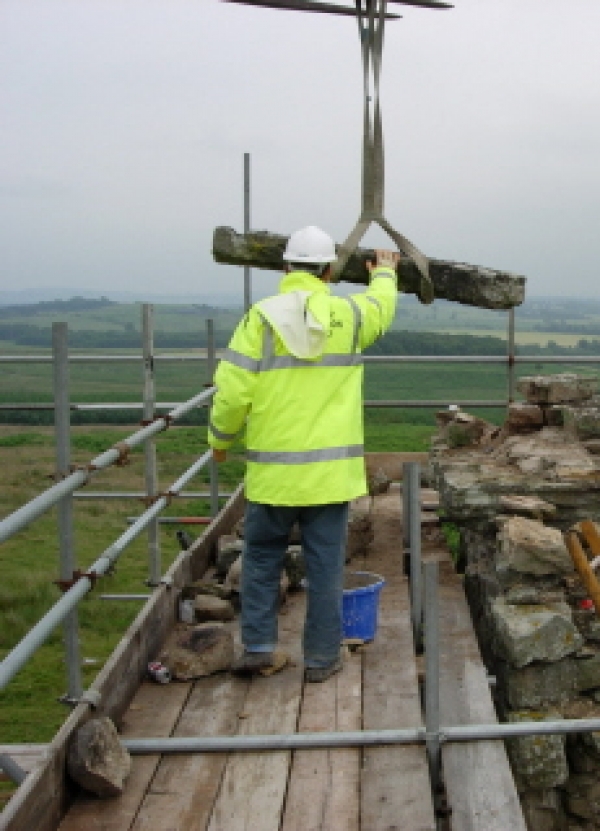T: 01822 851370 E: [email protected]
PRESS RELEASE For immediate release 4 November 2014 Regular postal deliveries to remote rural communities are under threat, MPs have been told. The Rural Services Network [1] made the assertion in a written submission to an inquiry...
AN influential committee of MPs has launched an inquiry into rural broadband coverage. The inquiry by the Environment, Food and Rural Affairs select committee follows concern that rural communities will miss out amid a government target to provide...
THE rural economy will be under the spotlight at this month's ACRE (Action with Communities in Rural England) conference. Community stakeholders, rural businesses, politicians and funders will come together for the Why Rural Matters - The Case...
INCIDENTS of illegally dumped waste increased by 20% on public land last year, suggest the latest statistics. Local Authorities dealt with some 852,000 fly-tipping incidents at a clean-up cost to the public purse of £45.2m in 2013/14. ...
THE government has unveiled an extra £23m to help more communities to get involved in neighbourhood planning. Neighbourhood plans allow local people to put forward and vote on their proposals for the type of development in their area...
People are failing to reap the benefits from engaging with the natural environment. Jessica Sellick reports. A growing body of evidence demonstrates the contribution of green spaces to mental and physical health and wellbeing – from reducing symptoms...
Police forces in England and Wales are required to send police recorded crime data to the Home Office. The following analysis takes this quarterly data over the period September 2012 to September 2015, and presents it at the local authority...
VOLUNTARY and community groups have a vital role in helping rural residents cope with cold weather, says a report. With winter around the corner, this year's cold weather plan has been published by Public Health England with the...
A GRANT scheme to encourage neighbourhood planning has opened for applications. Around 1,200 communities across the country have already embarked upon neighbourhood planning since they were introduced by the Localism Act 2011. In England, neighbourhood plan aim...
What services should local authorities provide and at what cost? Jessica Sellick investigates. With local authorities gaining more ‘control’ over spending at a time of ‘cuts’ and ever increasing spending ‘pressures’; what services should they be providing and...
NEWSLETTER
Sign up to receive all our latest news and updates.
HOT TOPICS
Amid reduced public spending, fair resource allocation across regions is crucial. Despite a population larger than Greater London, rural areas receive significantly less funding for essential services, even though delivering these services in rural areas is more expensive.
Economic growth is widely acknowledged as essential for national wealth and prosperity and is a priority for political parties. Rural economies, employing millions and home to a higher proportion of small businesses, have potential for growth if barriers are removed.
Rural residents face distinct healthcare challenges, including limited access to transport, longer distances to medical facilities, an aging demographic, housing inadequacies, digital connectivity gaps, and difficulties recruiting health and care workers.
Rural communities are grappling with a severe affordable housing crisis, marked by high house prices, a lack of affordable housing, elevated living costs, and lower incomes, threatening their sustainability and vitality.
Transport is vital for the quality of life and economic health of rural areas, yet it faces challenges such as infrequent public bus services and less Government funding compared to urban regions.
Rural areas, encompassing a substantial portion of England's population and land, play a pivotal role in combating climate change and achieving the net zero target.
In an increasingly digital world, the lack of robust digital infrastructure in rural areas severely limits access to crucial services and stifles economic growth.
A future-focused vision for rural communities involves not just building the right homes in the right places but also ensuring thriving, sustainable communities.
SIGN UP TO OUR NEWSLETTER
Sign up to our newsletter to receive all the latest news and updates.













